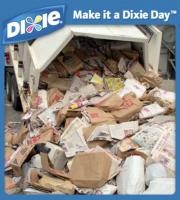 Tonight I participated in my first ever caucus. I had always been intimidated by them because, well, I had no idea what really went on at them, and I didn’t know anyone who ever went. But reading about them on Barack Obama‘s website, I realized that like a flu shot it’s quick and painless, so I went.
Tonight I participated in my first ever caucus. I had always been intimidated by them because, well, I had no idea what really went on at them, and I didn’t know anyone who ever went. But reading about them on Barack Obama‘s website, I realized that like a flu shot it’s quick and painless, so I went.
I suppose if I were really active in party politics, it might have been worthwhile. There were lots of people sitting in rows of chairs listening to an amiable guy fumbling his way through whatever he was supposed to be doing. (At one point, someone in the crowd spoke up that no one had seen the agenda, and asked if he could quickly go over it, which prompted him to yell over to someone else at the registration table and ask if anyone had the agenda. This was shortly after he had asked if anyone might volunteer to be secretary for the night’s meeting.)
But most of us were just there to say who we want to be the next president, or at least the person the Democrats put forth to potentially become the next president, so we queued up, “voted” (such as it was) and walked out.
I did actually linger for a few minutes after voting, but mainly because my son was already comfortable in a chair watching the proceedings, not that he even realized — or cared — why we were there. (I’m sure he was just thinking about Super Metroid.) I also wanted to chat with a neighbor who had shown up a few minutes after us.
Although the general experience was about how I had envisioned it (albeit more “church basement”-like, which should not have been surprising, given it was being held in a church basement), I was thoroughly surprised by the voting process itself. I already expected it not to be secret, but I was taken aback at just how informal it was. After signing in, I was handed a small, cut piece of yellow paper (reused from something — it appeared to be part of a flyer) and told it was my ballot. I was instructed to write the name of my candidate on the paper, and then I handed it to someone else holding a large envelope stuffed with similar slips of yellow paper.
And that’s it. About as low-tech and unofficial as can be. Yet somehow I’m supposed to believe, minutes after the caucuses closed at 8 PM, that CNN, MSNBC and the rest had reports from precincts that might, in any way, resemble the tallies of the contents of similar stuffed envelopes from around the state.
I realize that primaries and caucuses are organized by the state branches of the political parties and, what with the whole delegate system, are even more tenuously connected to the party’s nomination process than individual votes are in the Electoral College of the general election. So I suppose in some way this patently ludicrous voting process in the caucus is at least more transparent than the superficial formality of primary elections held in other states.
I guess if I’d stuck around I might have gotten more insight into how my little yellow slip of recycled takeout menu translates into the delegates the party sends to the convention this summer to vote for a candidate on my behalf. I might even have become one of those delegates if I had wanted to. But… whatever. It looks like my candidate is on track to win the state handily anyway, so I’m free to go back to my self-absorbed complacency on the matter, just like any other red-blooded American.
 I have to admit, I’m no great environmentalist. I’m a typical wasteful American, but I at least try to be aware of how wasteful I am. I avoid blatant acts of waste, and in true Midwestern Lutheran style, when I do waste I am overwhelmed with guilt, even if it doesn’t actually stop me from doing it.
I have to admit, I’m no great environmentalist. I’m a typical wasteful American, but I at least try to be aware of how wasteful I am. I avoid blatant acts of waste, and in true Midwestern Lutheran style, when I do waste I am overwhelmed with guilt, even if it doesn’t actually stop me from doing it.